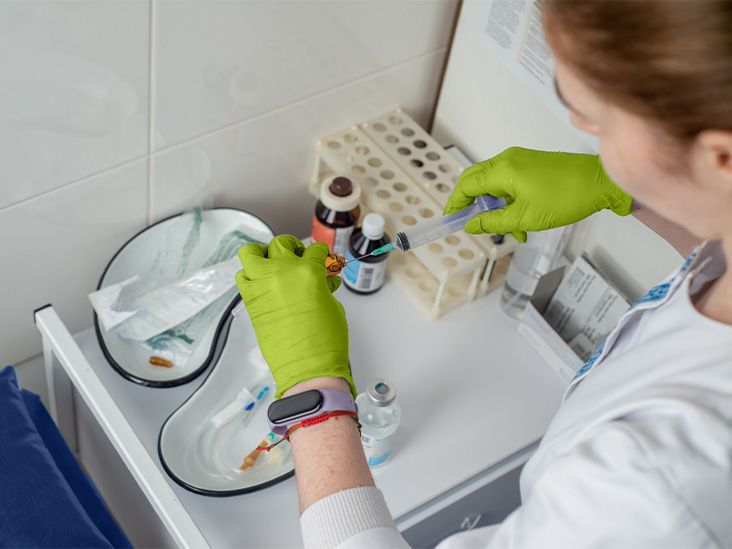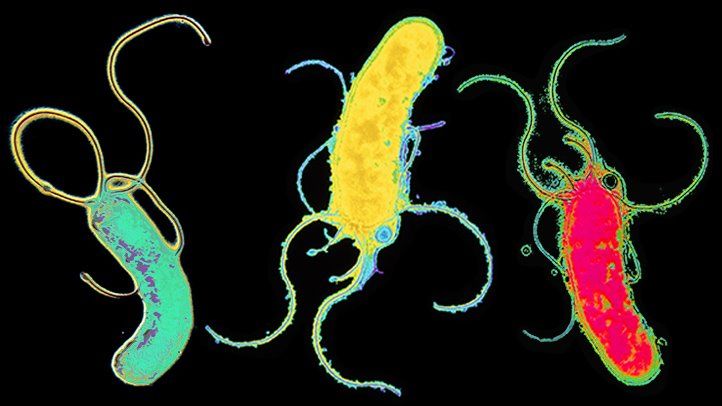Understanding Stomach Cancer Quizzes
Stomach cancer, also known as gastric cancer, develops in the cells lining the stomach. While overall rates of stomach cancer have declined over the past several decades, recent studies show an alarming rise in stomach cancer rates among younger adults under 50. This highlights the need for greater awareness and education around risk factors and symptoms of stomach cancer in younger populations. One way to increase stomach cancer knowledge is through online quizzes.
The Benefits of Stomach Cancer Quizzes
Stomach cancer quizzes offer many benefits for improving public understanding of this disease. Some key advantages include:
- Allowing people to assess their stomach cancer risk based on risk factors.
- Educating people on the common signs and symptoms of stomach cancer.
- Empowering people to recognize when they should see a doctor based on symptoms.
- Spreading awareness to more people through shareable social media quizzes.
- Providing an interactive learning experience outside of brochures or websites.
- Testing comprehension of stomach cancer knowledge.
- Identifying knowledge gaps around stomach cancer for further education.
Overall, stomach cancer quizzes make learning about this disease more accessible and engaging for a wider audience.
Examples of Stomach Cancer Quiz Topics
Many different stomach cancer quiz topics can help improve public understanding of this disease. Some specific topics that quizzes may cover include:
- Stomach Cancer Risk Factors - Quizzes can identify risk factors like H. pylori infection, smoking, obesity, diet, family history.
- Stomach Cancer Symptoms - Recognizing symptoms like bloating, abdominal pain, feeling full, difficulty swallowing, nausea, vomiting, and blood in the stool.
- When to See a Doctor - Quizzes can emphasize contacting a doctor promptly for potential symptoms vs waiting.
- Screening and Diagnosis - Questions on recommended screening ages, diagnostic tests like endoscopy and biopsy, etc.
- Stomach Cancer Facts - Quizzes allow people to test knowledge of key facts like staging, survival rates, treatment options, etc.
- Prevention - Quiz takers can assess knowledge of prevention strategies like quitting smoking, H. pylori treatment, diet, exercise, etc.
Designing Engaging Stomach Cancer Quizzes
Certain quiz design strategies can make stomach cancer quizzes more interactive, shareable, and effective for public education. Useful tips include:
- Using a quiz maker tool with customizable templates and share options.
- Including a mix of multiple choice, true/false, matching, and open-ended questions.
- Balancing easy and difficult questions to make the quiz appropriately challenging.
- Adding engaging images and infographics for visual learners.
- Including share options and highlights of top scores to encourage sharing.
- Providing Feedback on wrong and right answers to reinforce learning.
- Linking to references and credible sources for more information.
- Publishing the quiz on multiple platforms like social media, blogs, websites to reach a wider audience.
Ways Organizations Can Use Stomach Cancer Quizzes
Stomach cancer quizzes can be valuable tools for increasing public awareness and education in unique ways. Organizations can use quizzes to:
- Post awareness campaign quizzes on websites and social media.
- Email quiz links in newsletters to engage subscribers.
- Create quizzes for waiting rooms to educate patients.
- Use as interactive tools at public screening events and health fairs.
- Partner with blogs, schools, or employers to distribute quizzes.
- Hand out print quizzes for additional engagement at conferences or meetings.
Optimizing quiz distribution across digital platforms and local partners amplifies the educational reach. Tracking quiz participation metrics also provides useful data on public knowledge gaps.
Sample Stomach Cancer Quiz Questions
Here are some example multiple choice and true/false quiz questions on stomach cancer knowledge:
Stomach Cancer Risk Factors
Having an infection with Helicobacter pylori bacteria increases your risk for stomach cancer.
True or False: _______
Answer: True. H. pylori infection is a major risk factor for stomach cancer.
Which of these is NOT considered a risk factor for stomach cancer?
A. Smoking cigarettes
B. Blood Type A
C. Eating processed meats
D. Chronic gastritis
Answer: B. Blood type is not a known risk factor for stomach cancer.
Stomach Cancer Symptoms
Which symptom below is a common early warning sign of stomach cancer?
A. Heartburn
B. Fatigue
C. Abdominal bloating
D. Chest pain
Answer: C. Abdominal bloating is a common early stomach cancer symptom.
True or False: The early stages of stomach cancer often don't cause any noticeable symptoms.
True or False: _____
Answer: True. Early stomach cancer frequently lacks symptoms, making screening important.
Stomach Cancer Prevention
Which choice below offers a way to potentially lower your stomach cancer risk?
A. Eat more processed and salty foods
B. Take daily vitamins
C. Exercise regularly
D. Drink more alcohol
Answer: C. Regular exercise may help lower stomach cancer risk.
Getting treatment for H. pylori infection can reduce your risk of developing stomach cancer.
True or False: ____
Answer: True. Treating H. pylori helps lower stomach cancer risk.
Conclusion
Stomach cancer quizzes offer an interactive way to improve public knowledge about this threatening disease. By focusing on risk factors, symptoms, prevention and facts, quizzes empower people to better understand their stomach cancer risks and when to seek medical care. Organizations should leverage quizzes across digital platforms to boost education and early detection, especially among younger adults facing rising rates of stomach cancer.
FAQs
Why should I take a stomach cancer quiz?
Stomach cancer quizzes help you learn about your risk based on risk factors, recognize common symptoms, and understand prevention strategies. They empower you to discuss concerns with your doctor.
Who should take a stomach cancer quiz?
Anyone can take a stomach cancer quiz, but especially adults over 40, smokers, those with family history, and populations with higher stomach cancer rates. Early screening is key for detection.
Where can I find reputable stomach cancer quizzes?
Legitimate cancer organizations, health sites like WebMD, or your doctor may offer educational quizzes on stomach cancer risks and symptoms.
What kind of questions are on stomach cancer quizzes?
Quiz questions cover topics like risk factors, symptoms, prevention strategies, facts, screening guidelines, and warning signs to discuss with your doctor.
How accurate are online stomach cancer quizzes?
Reputable quizzes can provide general guidance but are not diagnostic tools. Always discuss personalized risks and symptoms with your healthcare provider.
Disclaimer: This article is for informational purposes only and does not constitute medical advice. Always consult with a healthcare professional before starting any new treatment regimen.
Related Coverage
A stomach cancer diagnosis includes upper endoscopy with biopsy, staging scans, and treatment planning to guide you forward....
Subcutaneous immunotherapy for GI cancer offers a convenient alternative to IV treatment. Find out how it works and who it’s for....
Compare stomach cancer vs ulcer symptoms, causes, tests and treatments, and spot red‑flag signs that require urgent attention....
Stomach cancer chemotherapy uses drug combos before or after surgery and as treatment for advanced disease, with side‑effect tips....
Stomach cancer quizzes boost public knowledge on risk factors, symptoms, prevention and facts. Interactive quizzes empower early detection and care seeking....
Simple steps—maintain weight, eat more veggies, quit smoking, limit alcohol, test for H. pylori to prevent stomach cancer....
Get insights on how immunotherapy for stomach cancer works, who benefits most, side effects, and key questions for your oncologist....
Get essential info on esophageal and stomach cancer symptoms, risk factors, diagnosis, and treatment options to help you stay informed and prepared....
Get insight into what doctors see during a stomach cancer endoscopy, why the images matter, and how detection can save lives....
Stomach cancer treatment options, risks, and recovery tips explained in plain language—helping you ask the right questions now....









